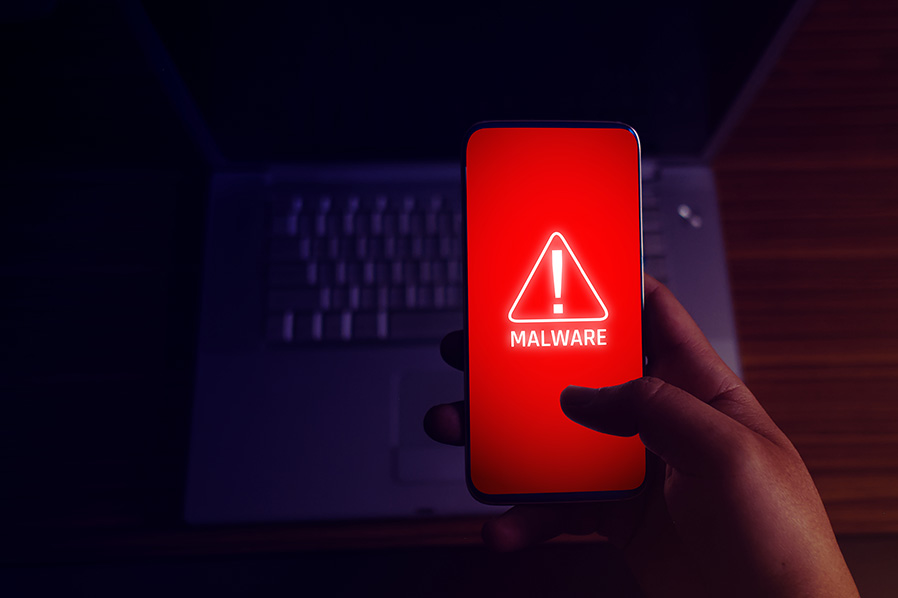On one hand, banking over the internet has made it easy for people to do many things. However, internet users must be on guard against the dangers of lurking malware. You first need to figure out if your device has malware before using it for banking activities.
What is Malware?
The term malware is a combination of two words malicious and software. Malware itself is indeed likely to be used for malicious intent. It will then be put on the internet and sent to computers to cause damage.
Malware is usually set up to infect websites or devices when you open them. It is also designed to steal data from an internet user. No wonder if malware is widely used to steal data from bank customers to take money from an account and use credit cards.
Examples of Malware
Many software are often found to be destructive in internet banking. The following are examples of software that are specifically designed to cause damage and data breach:
1. Trojan
Trojan is a type of virus that disguises itself as document. It can make legitimate files invisible to trick users. By using trojan, the perpetrators can harvest important information stored in the device. Trojan is commonly spread as executable files.
2. Worm
Worm can cause damage without any help. It only requires a network to enter one computer to another. After that, worm will furtively infiltrate the security system and then infect the most-used software.
3. Spyware
As the name suggests, spyware is designed to spy on one’s computer. Perpetrators can gather all data from a device using spyware. They can collect stored usernames and passwords. This method is usually used to breach the victim’s money and possessions.
Read also: The Importance of Data Confidentiality That You Should Know
Tips for Safe Internet Banking Transactions
Internet banking is frequently used by bank customers as it is quite easy to use. Even so, one still need a malware-free device. Here are tips for safe internet banking transactions!
1. Remove malware from your device
Please ensure that your computer, laptop, or smartphone has a running antivirus. Activate the antivirus to clean your device from viruses that can be harmful. Do not forget to update the antivirus with the latest version to eradicate malware.
2. Use a private internet network
It is recommended that you only use your own internet network to access internet banking. The reason is, no one knows whether the public network has been proven safe or not. If you really have to access the banking website, first switch the network to your own, such as a modem or smartphone.
3. Make sure the URL is correct
The URL of BCA internet banking is only https://ibank.klikbca.com and there’s no other address. Store the URL on your browser for easy access later. If you find other sites, exit immediately and clear the cache on the device.
4. Only KeyBCA response during transaction
In internet banking transactions, BCA uses keyBCA to proceed banking transactions. KeyBCA responses are only used for payments, fund transfers, change email address, credit card inquiry registration, activating BCA KlikPay, and adding/removing KeyBCA connections. Do not give away KeyBCA response if you don’t perform such activities.
5. Report any suspicious activities
The first thing you must do is to stop and not resume any banking activities. Immediately report transaction irregularities to HaloBCA at 1500888 or BCA’s official verified social media accounts.
Read also: Beware of Bank Scams through Phishing
By implementing the steps above, your banking data will be more secure and ensure convenient transactions using BCA internet banking.
#CariTahuBiarAman #AwasModus



